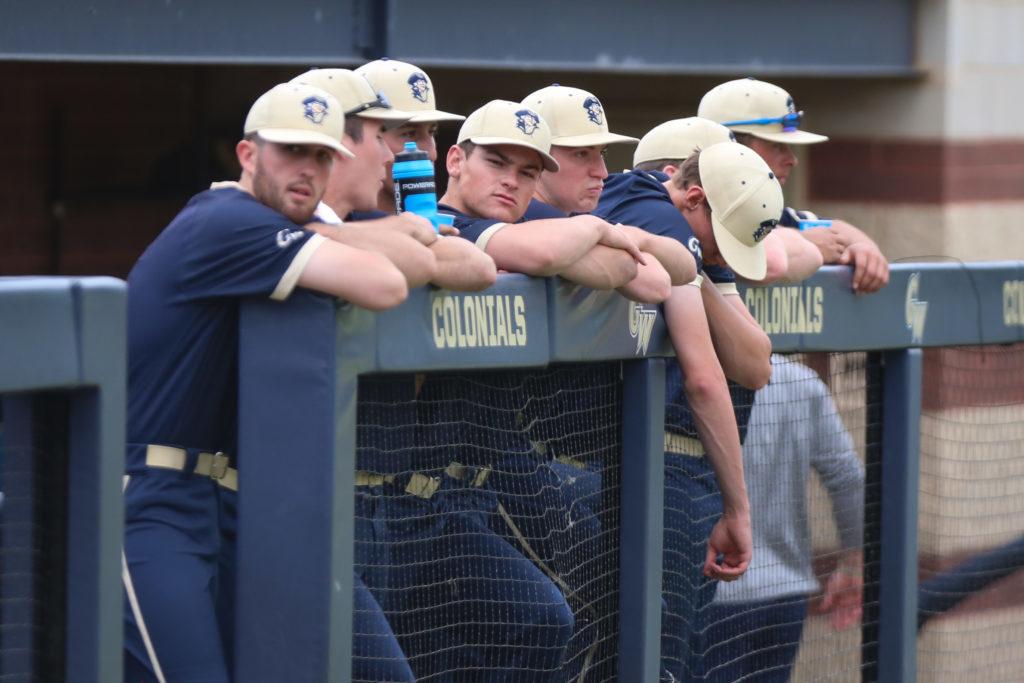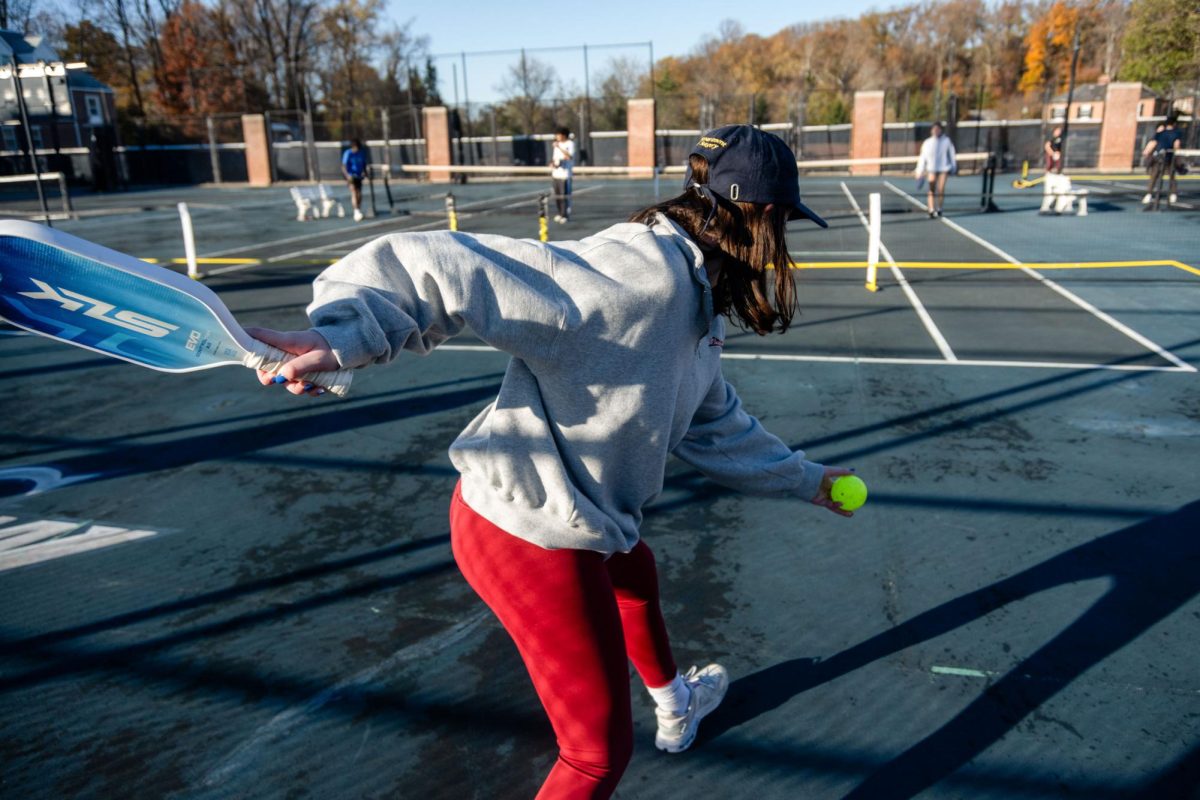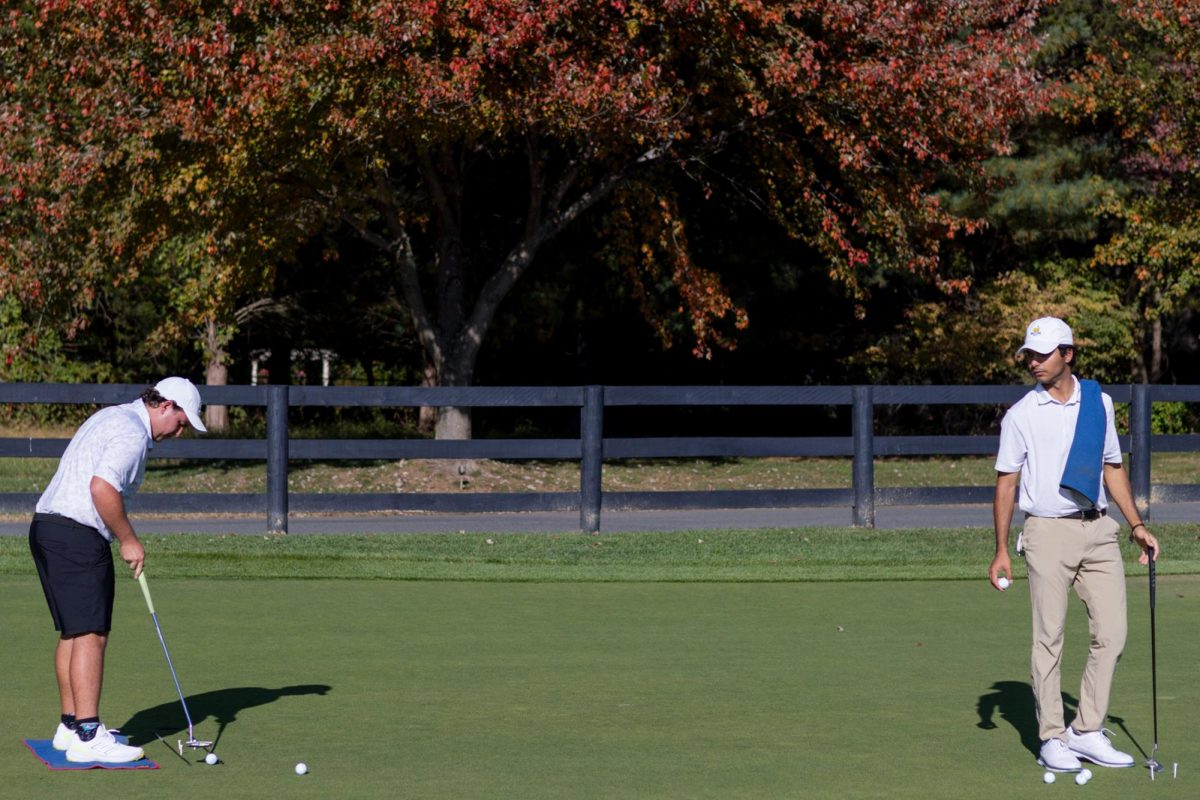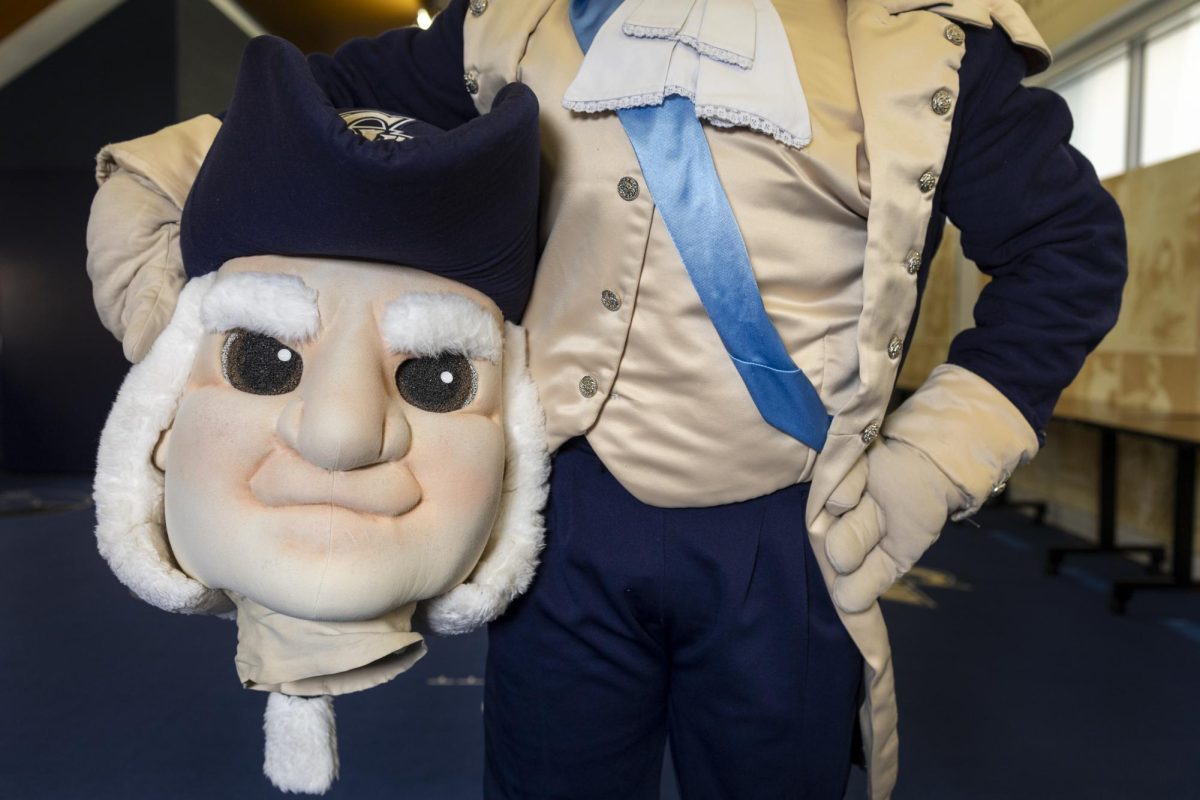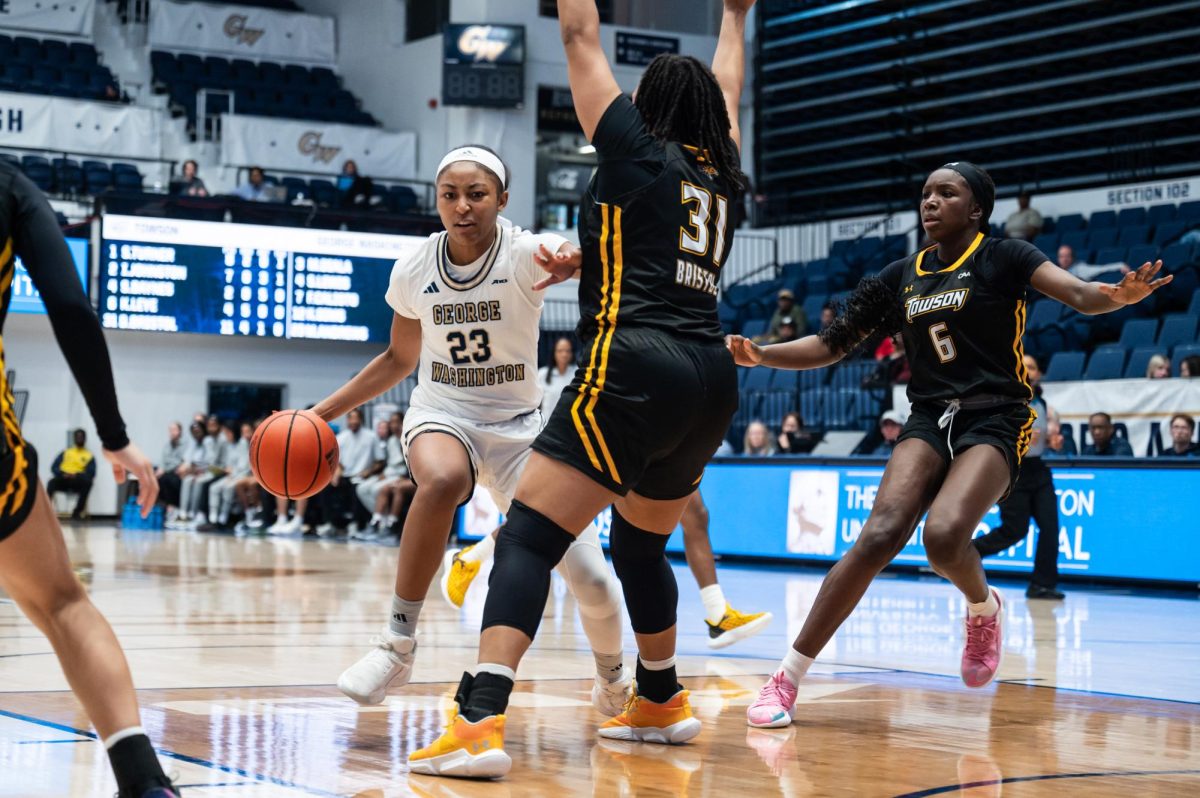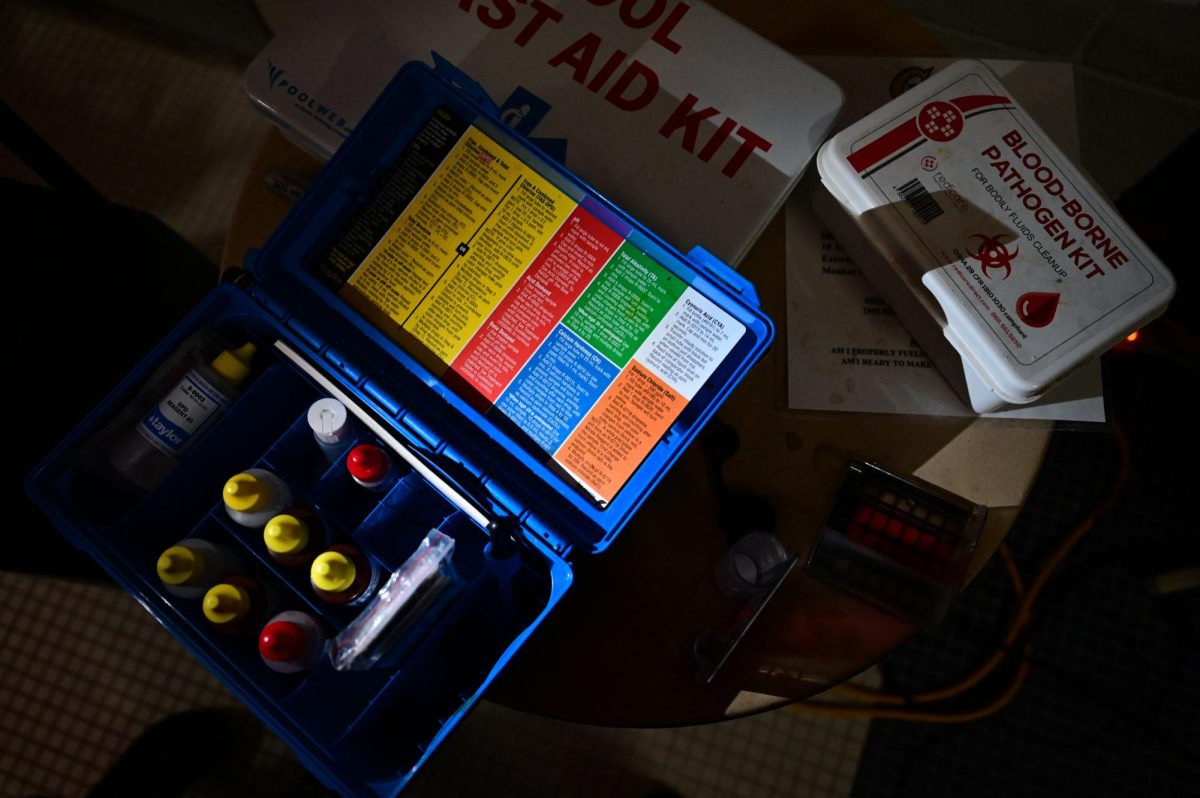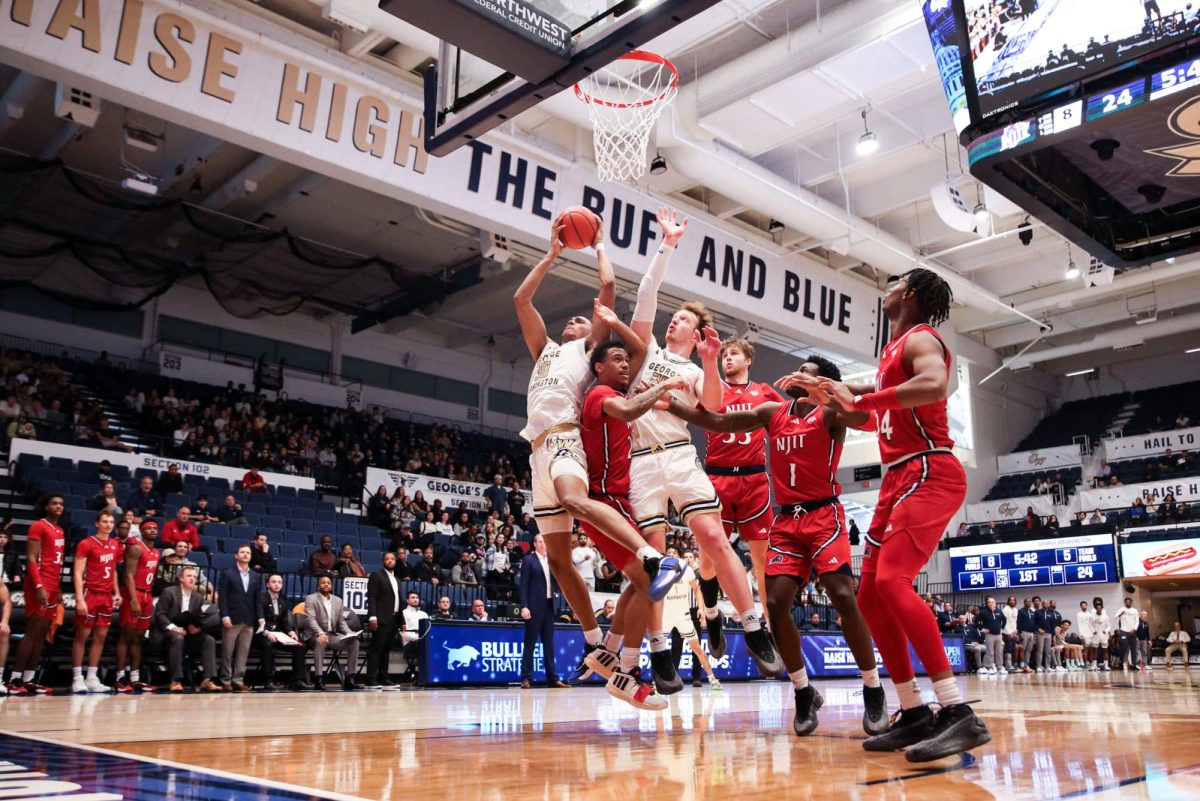With fall sports delayed until the spring semester, The Hatchet is checking in with head coaches from affected programs to gain insight on how each team is handling the pause on competition. Check back each week for new installments.
Baseball and men’s and women’s cross country and track and field have spent the semester looking for silver linings in their postponed seasons.
Cross country and track and field head coach Terry Weir said coaching during the online semester resembles a typical summer for his programs, but losing in-person time has been “tough.” Baseball head coach Gregg Ritchie said the “hardest part” about the fall season was not training his full team in Foggy Bottom.
Here’s how the two programs are practicing and staying connected this fall:
Baseball
Of its 33-member roster, 20 baseball players are back on campus and practicing this fall.
Baseball competes in the spring but spends up to 20 hours a week – the maximum number of practice hours the NCAA permits out-of-season teams – working on hitting, pitching and fielding. Ritchie said fall practices allow his coaching staff to size up the team and identify what it needs to focus on ahead of spring competition.
Ritchie said the team has adopted social distancing measures and COVID-19 protocol, like sanitizing equipment, wearing masks when players are unable to stay six feet apart, creating separate off- and on-campus pods and taking temperatures regularly.
The team’s Fassnacht Clubhouse, which opened in 2018, has been declared off limits this fall, Ritchie said. He said the facility is typically a good space for team bonding but is not conducive to social distancing.
“Togetherness right now is wearing your mask and staying socially distant and cleaning your hands,” Ritchie said. “Because if you’re doing that together, then you’re going to be together soon enough. Otherwise, if we don’t, we hurt each other.”
For the players who were unable to return to D.C. this semester, Ritchie said he and his coaching staff keep tabs on their training through frequent Webex meetings.
Remote players are briefed on what was covered in Ritchie’s practices and work on those skills on their own, he said. Ritchie added that the team uses various group chats to check in and stay connected with each other.
“Webex – I’ve already noticed it’s not the best way to be together,” Ritchie said. “But it is a way you can see faces and smiles and body language and some tone of voice to understand people’s conditions and where they’re at.”
Men’s and women’s cross country and track and field
Only two players from the men’s and women’s squads are practicing on campus this fall, Weir said.
He said several other runners are from the D.C. area but opted to train off campus. Under NCAA rules, athletes can choose whether to participate in in-person training this semester.
The two players who opted to train on campus this season are jumpers and sprinters, Weir said. He said the duo should be on campus to access the weight room for training, and the players who opted out are distance runners who are less reliant on GW’s facilities to practice.
Weir said he and his coaching staff chat about training over the phone or during virtual meetings. Players training off campus can also compete in individual competitions, like local races, he said.
“Every locale is a little different,” Weir said. “Some of them have some races going on, but in the D.C. areas, there’s not going to be a whole lot of competition around here. But some other areas of the country are having them.”
With 31 student-athletes training remotely, Weir said the fall was “one of the most challenging times” he’s ever experienced as a coach. He said while his coaching methods and training plans have not changed much, the lack of in-person contact has been an adjustment.
“I knew my athletes well enough that I could read body language and see how they’re doing,” Weir said. “It’s hard for me missing that connection.”
Weir said a group of runners from the men’s side took advantage of the circumstances and organized a six-week stay in Colorado. He added that they were able to do some altitude training while taking classes remotely, but the most valuable part of the trip was the time they spent together.
Weir said virtual training is similar to summer training. He said he talks with each athlete individually once a week, usually over the phone, and the team holds a weekly check-in over Zoom.
“We’ve done a really good job staying connected with ourselves with group chats,” Weir said. “We’re a tight team. They stay connected together.”


